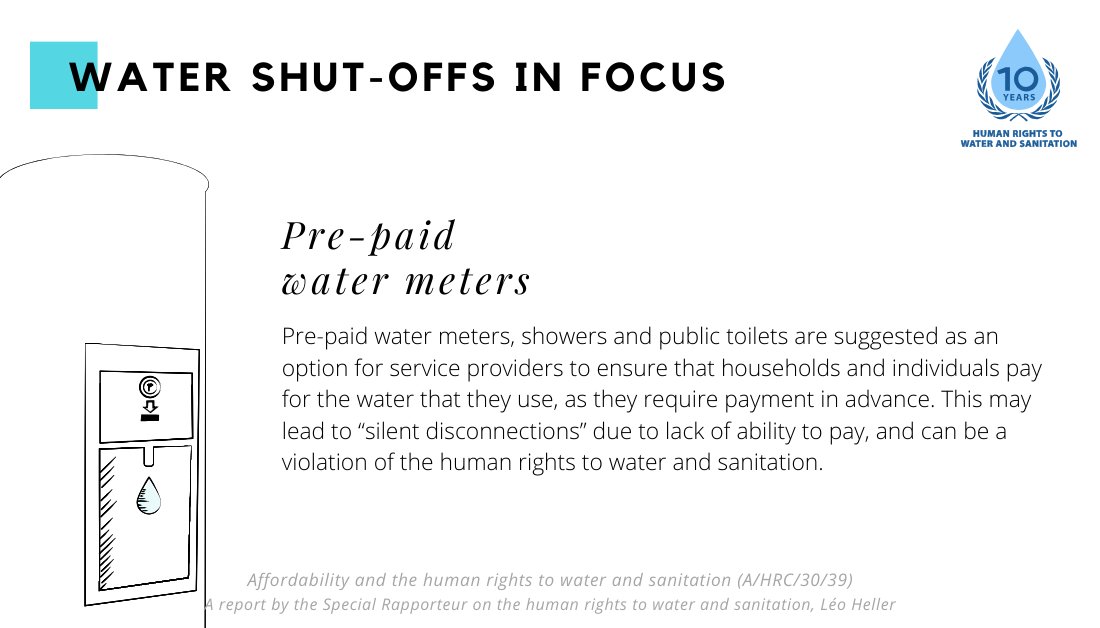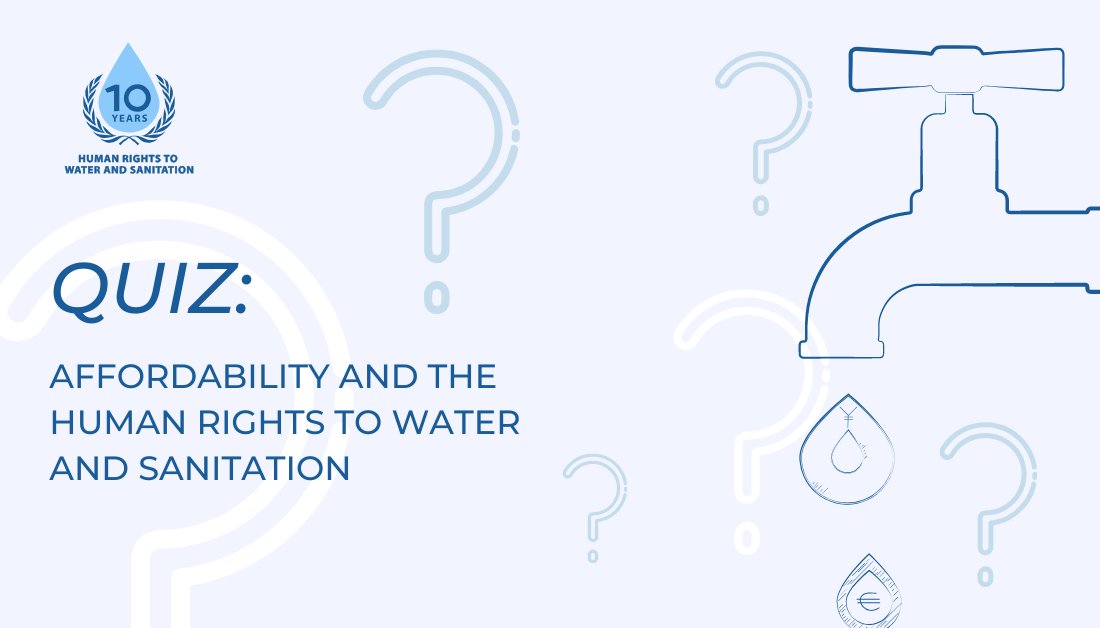As part of 10 yrs celebration, each month, I am revisiting my thematic reports.
For April 2020, I will focus on two reports. The second is on affordability and the human rights to water and sanitation.
About the celebration: https://tinyurl.com/t658e3d
https://tinyurl.com/t658e3d&q... href="https://twtext.com//hashtag/HRWASH2020"> #HRWASH2020
For April 2020, I will focus on two reports. The second is on affordability and the human rights to water and sanitation.
About the celebration: https://tinyurl.com/t658e3d
"Affordable WASH for all? A human-rights based approach to affordability"
Read the blog based on my 2015 report on affordability.
http://tiny.cc/bn22mz ">https://tiny.cc/bn22mz&qu...
Read the blog based on my 2015 report on affordability.
http://tiny.cc/bn22mz ">https://tiny.cc/bn22mz&qu...
Where water or sanitation services are available but not affordable, people will not be able to use sufficient amounts of water and adequately maintain toilets or return to cheaper, unsafe sources or practices.
See leaflet on affordability: http://tiny.cc/c5p5mz ">https://tiny.cc/c5p5mz&qu...
See leaflet on affordability: http://tiny.cc/c5p5mz ">https://tiny.cc/c5p5mz&qu...
A human rights approach to affordability of water and sanitation services allows us to evaluate financing and its impacts in local contexts, and to create safeguards and standards to best serve local populations.
#HRWASH2020
#HRWASH2020
Economic perspectives and human rights perspectives are possible to reconcile, but human rights require ensuring affordable service provision for all, regardless of ability to pay, and economic instruments must be (re-)designed to achieve this objective.
When seeking to ensure affordability in practice, measures to implement human rights often need to be reconciled with broader considerations of ensuring environmental and economic sustainability.
See friendly ver of my report on affordability: http://tiny.cc/r386mz ">https://tiny.cc/r386mz&qu...
See friendly ver of my report on affordability: http://tiny.cc/r386mz ">https://tiny.cc/r386mz&qu...
Affordability is a wide-ranging topic. My report addresses common confusions or misconception about payment for water and sanitation.
The first question: should water be free for all?
See friendly ver of my report on affordability: http://tiny.cc/r386mz ">https://tiny.cc/r386mz&qu...
The first question: should water be free for all?
See friendly ver of my report on affordability: http://tiny.cc/r386mz ">https://tiny.cc/r386mz&qu...
What happens when people cannot pay for water and sanitation? In these cases, human rights are clear: the State must ensure, possibly through the provision of free services, that they still have access.
See friendly ver of my report on affordability: http://tiny.cc/r386mz ">https://tiny.cc/r386mz&qu...
See friendly ver of my report on affordability: http://tiny.cc/r386mz ">https://tiny.cc/r386mz&qu...
The human rights framework recognizes that revenues have to be raised in order to ensure universal access to services. If everyone obtained water and sanitation free of charge, that could actually harm low-income households.
Report on affordability: http://tiny.cc/r386mz ">https://tiny.cc/r386mz&qu...
Report on affordability: http://tiny.cc/r386mz ">https://tiny.cc/r386mz&qu...
The question of affordability in the human rights to water and sanitation is particularly important, yet complicated, in the informal economy. I explore ways to approach the issue in my report.
Friendly version of report: http://tiny.cc/r386mz ">https://tiny.cc/r386mz&qu...
Friendly version of report: http://tiny.cc/r386mz ">https://tiny.cc/r386mz&qu...
What are the real costs of water and sanitation provision? Raw materials, maintenance, repairs, but also the hidden costs of poor management and wasted time and opportunities for improving the human rights of target populations.
See my report: http://tiny.cc/r386mz ">https://tiny.cc/r386mz&qu...
See my report: http://tiny.cc/r386mz ">https://tiny.cc/r386mz&qu...
My report on affordability and the human rights to water and sanitation explores the different financing mechanisms for provision and the specific human right issues they present.
First: public financing.
For more, see affordability report: http://tiny.cc/r386mz ">https://tiny.cc/r386mz&qu...
First: public financing.
For more, see affordability report: http://tiny.cc/r386mz ">https://tiny.cc/r386mz&qu...
Public financing needs to be designed to benefit all. Otherwise, it tends to benefit mostly those who are already connected. Persons who need provision most can be left behind.
See report: http://tiny.cc/r386mz ">https://tiny.cc/r386mz&qu...
See report: http://tiny.cc/r386mz ">https://tiny.cc/r386mz&qu...
How can public financing benefit everyone? Through comprehensive targeting of populations who need economic help in accessing water and sanitation the most.
Friendly version: http://tiny.cc/r386mz ">https://tiny.cc/r386mz&qu...
Friendly version: http://tiny.cc/r386mz ">https://tiny.cc/r386mz&qu...
Subsidies are a widespread method for targeting economically vulnerable populations, while ensuring economic sustainability of provision. For this mechanism to be most efficient, receiving subsidies should be destigmatised.
See friendly ver of my report: http://tiny.cc/r386mz ">https://tiny.cc/r386mz&qu...
See friendly ver of my report: http://tiny.cc/r386mz ">https://tiny.cc/r386mz&qu...
Water and sanitation are human rights. By establishing social protection floors, we can remove the economic barriers to water and sanitation provisions for those in vulnerable situations.
#HRWASH2020
report: http://tiny.cc/r386mz ">https://tiny.cc/r386mz&qu...
#HRWASH2020
report: http://tiny.cc/r386mz ">https://tiny.cc/r386mz&qu...
Targeting economically vulnerable populations for water and sanitation provision is necessary - but it is also challenging.
My report explores these challenges: http://tiny.cc/r386mz ">https://tiny.cc/r386mz&qu...
My report explores these challenges: http://tiny.cc/r386mz ">https://tiny.cc/r386mz&qu...
A human rights approach examines the structural issues that can prevent targeting from helping those who need them most.
Friendly ver of my report: http://tiny.cc/r386mz ">https://tiny.cc/r386mz&qu...
Friendly ver of my report: http://tiny.cc/r386mz ">https://tiny.cc/r386mz&qu...
Other types of mechanisms to ensure the affordability of services can be built into tariff schemes. Different tariff systems have different potentials but also limitations to ensure the affordability of services.
See my report: http://tiny.cc/r386mz ">https://tiny.cc/r386mz&qu...
See my report: http://tiny.cc/r386mz ">https://tiny.cc/r386mz&qu...
Under a uniform volumetric tariff, larger households and those with specific water and sanitation needs may be disproportionately burdened. Establishing fair differential pricing could protect vulnerable households from unpayable water bills.
Water shut-offs due to an inability to pay = a violation of the human rights to water and sanitation
My report on affordability: http://tiny.cc/r386mz
https://tiny.cc/r386mz&qu... href=" https://twitter.com/EndWaterPoverty/status/1251435339413151744">https://twitter.com/EndWaterP...
My report on affordability: http://tiny.cc/r386mz
During many of my country visits, I have seen pre-paid water meters. It is crucial that these systems do not result in ‘silent disconnections’ - which are a human rights violation.
Why affordability? Why human rights? Why human rights approach to address affordability?
Follow this thread to find out more and also take a short quiz (4 questions).
Quiz: http://tiny.cc/glbjnz ">https://tiny.cc/glbjnz&qu...
Follow this thread to find out more and also take a short quiz (4 questions).
Quiz: http://tiny.cc/glbjnz ">https://tiny.cc/glbjnz&qu...

 Read on Twitter
Read on Twitter #HRWASH2020" title="As part of 10 yrs celebration, each month, I am revisiting my thematic reports.For April 2020, I will focus on two reports. The second is on affordability and the human rights to water and sanitation.About the celebration: https://tinyurl.com/t658e3d&q... href="https://twtext.com//hashtag/HRWASH2020"> #HRWASH2020" class="img-responsive" style="max-width:100%;"/>
#HRWASH2020" title="As part of 10 yrs celebration, each month, I am revisiting my thematic reports.For April 2020, I will focus on two reports. The second is on affordability and the human rights to water and sanitation.About the celebration: https://tinyurl.com/t658e3d&q... href="https://twtext.com//hashtag/HRWASH2020"> #HRWASH2020" class="img-responsive" style="max-width:100%;"/>
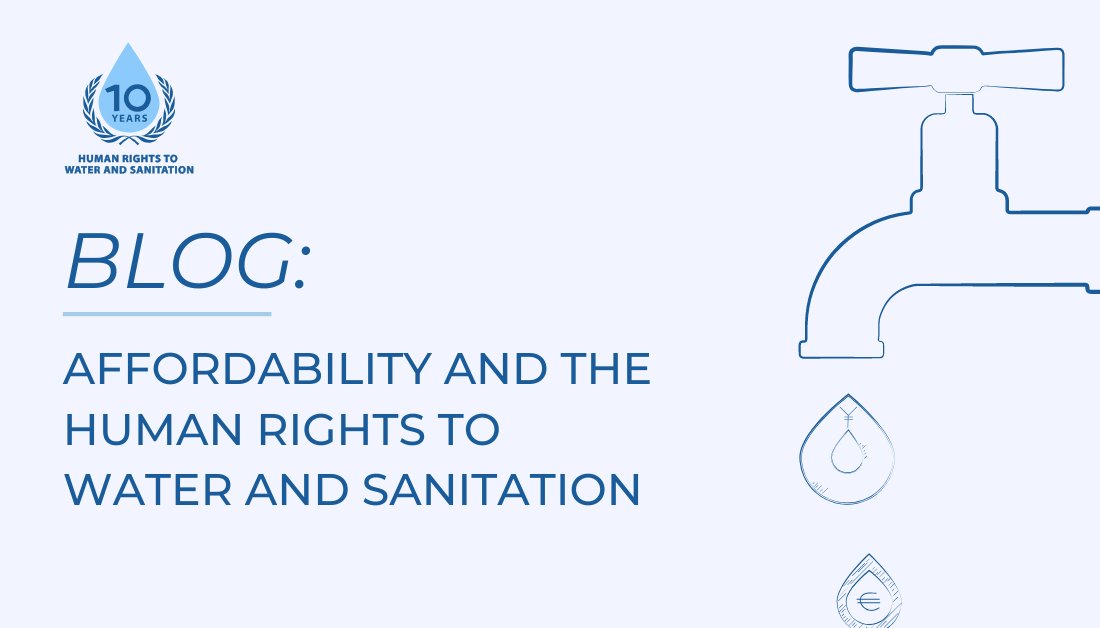
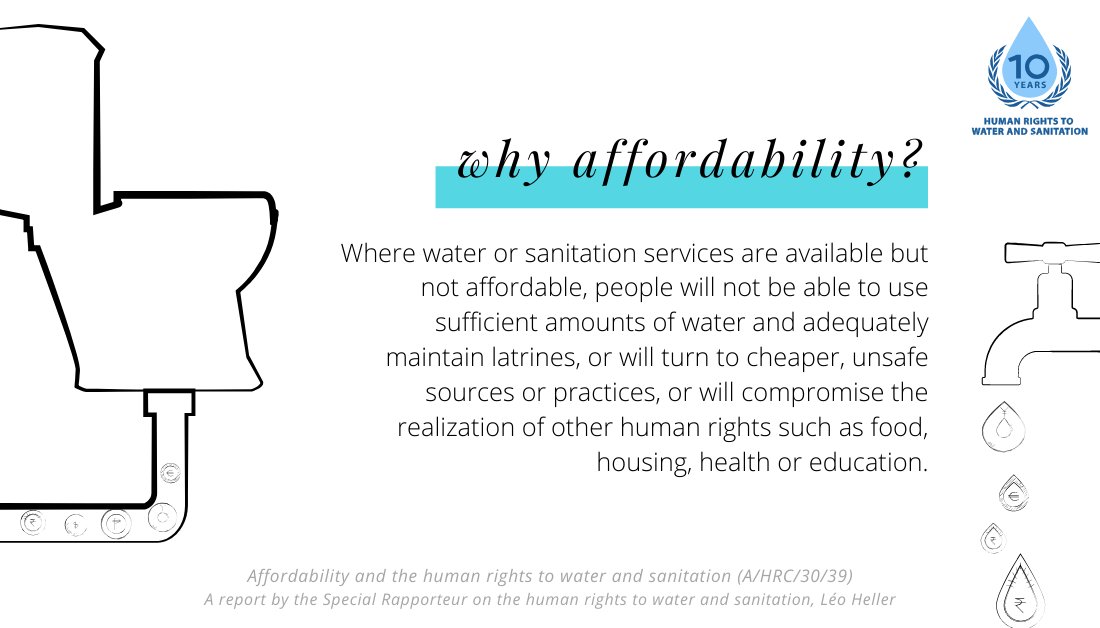
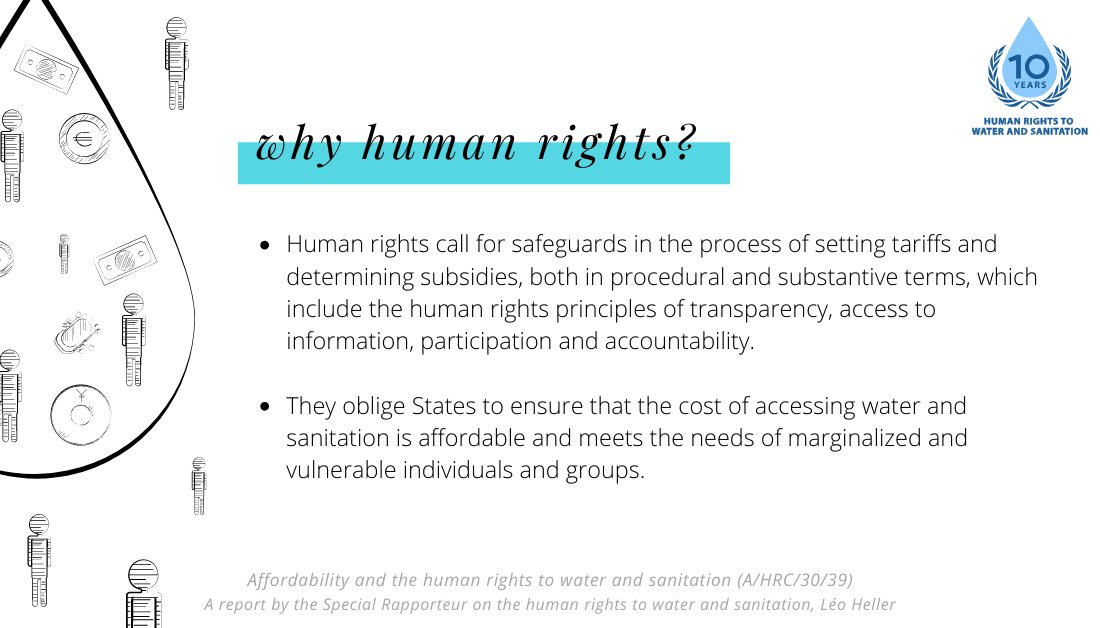
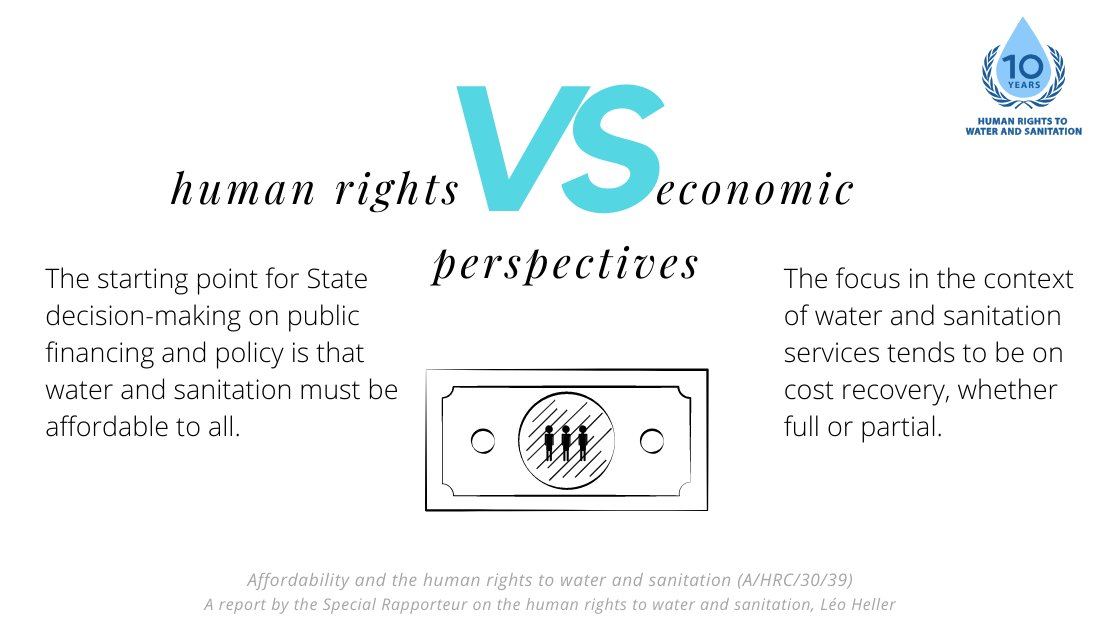
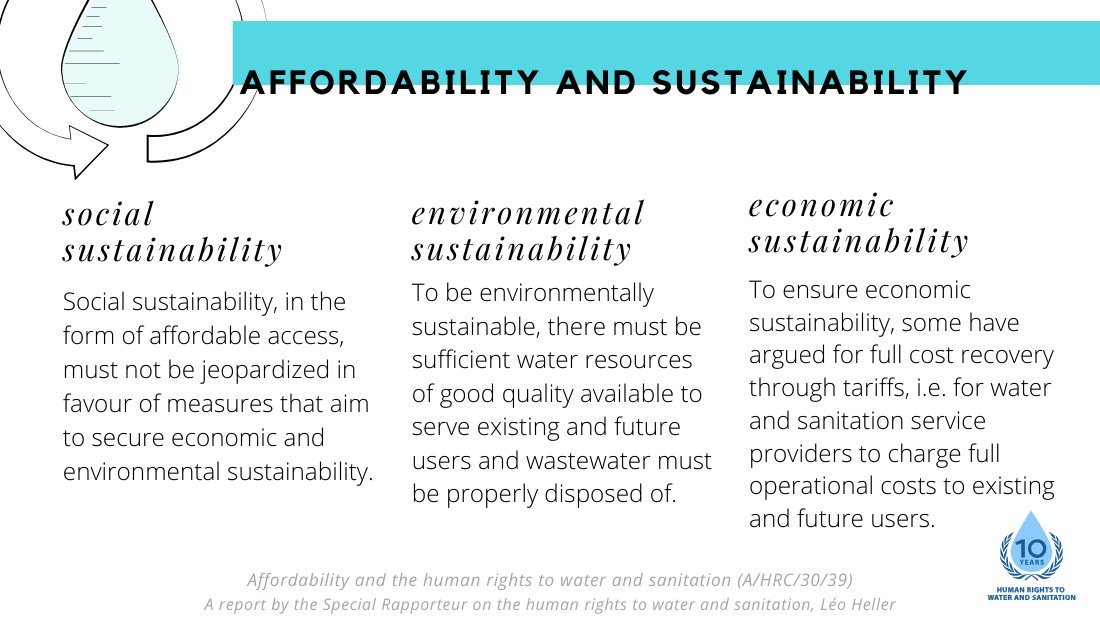
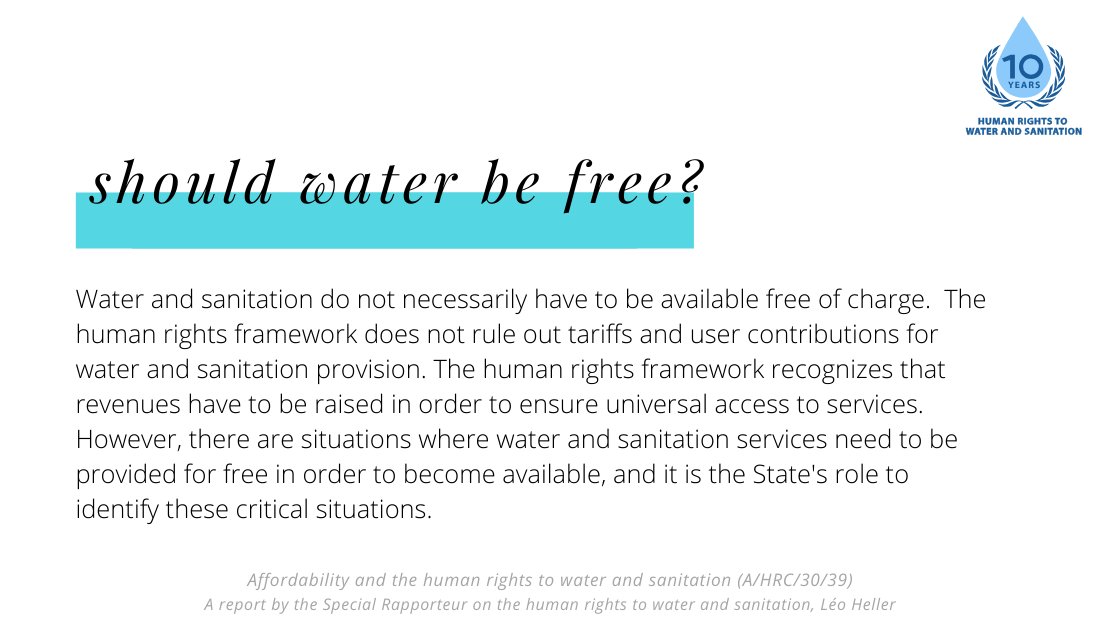

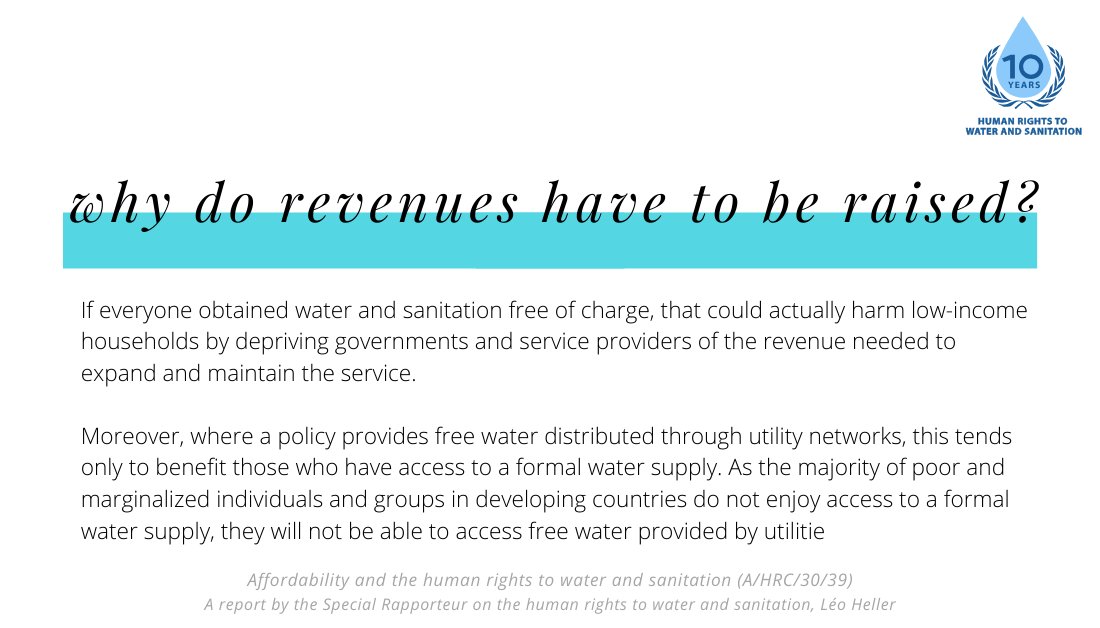
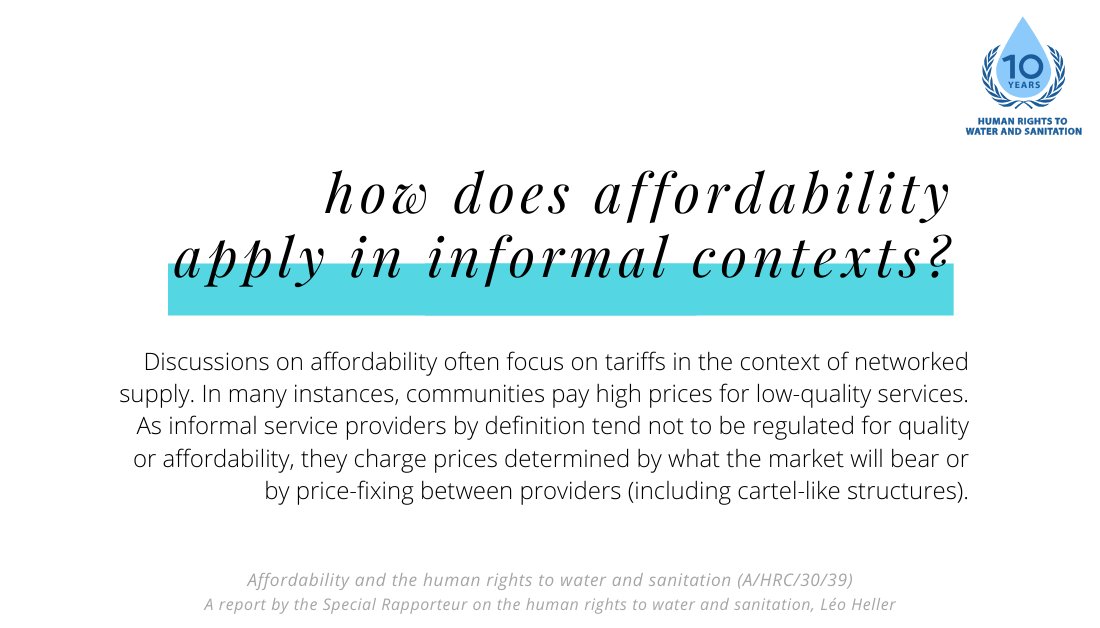

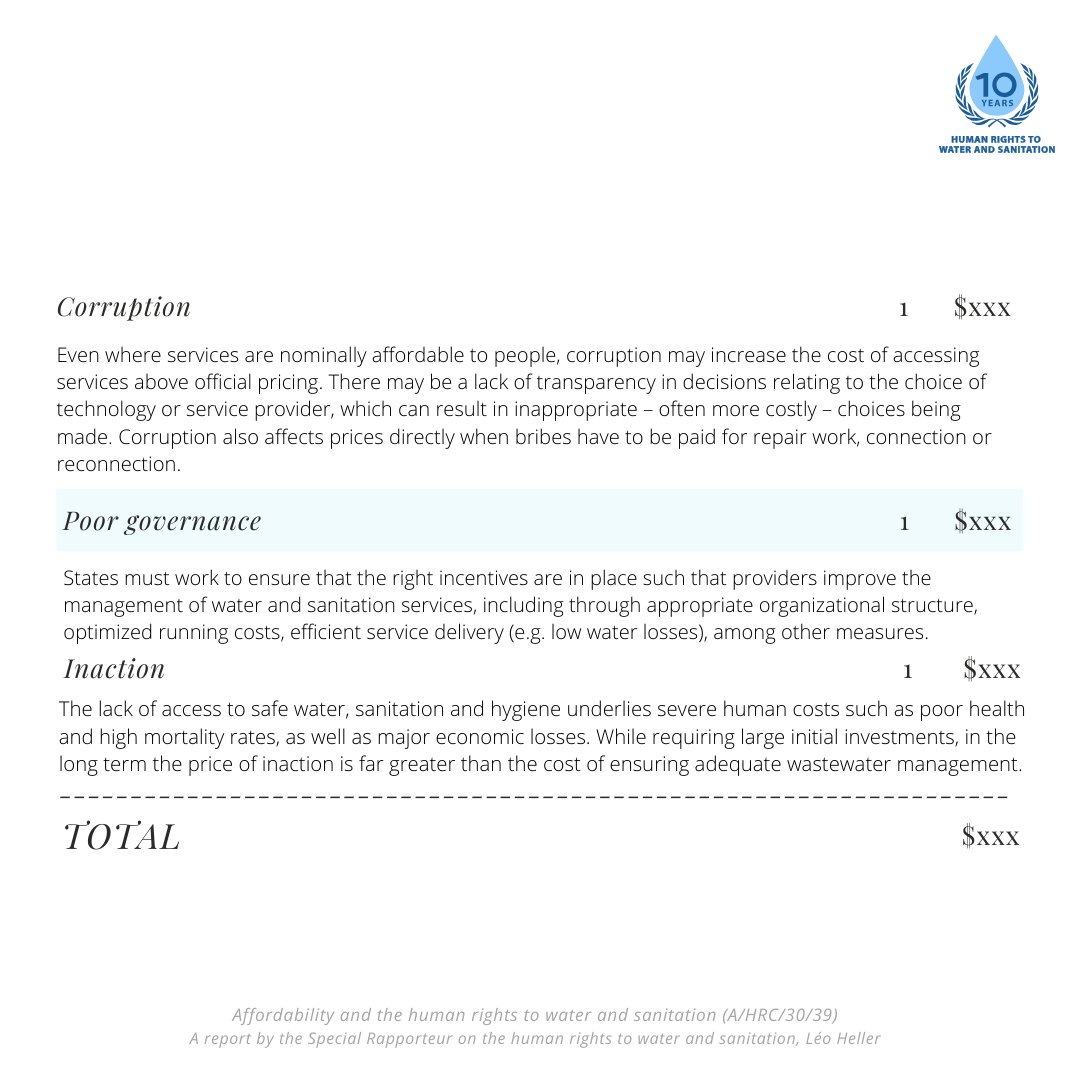
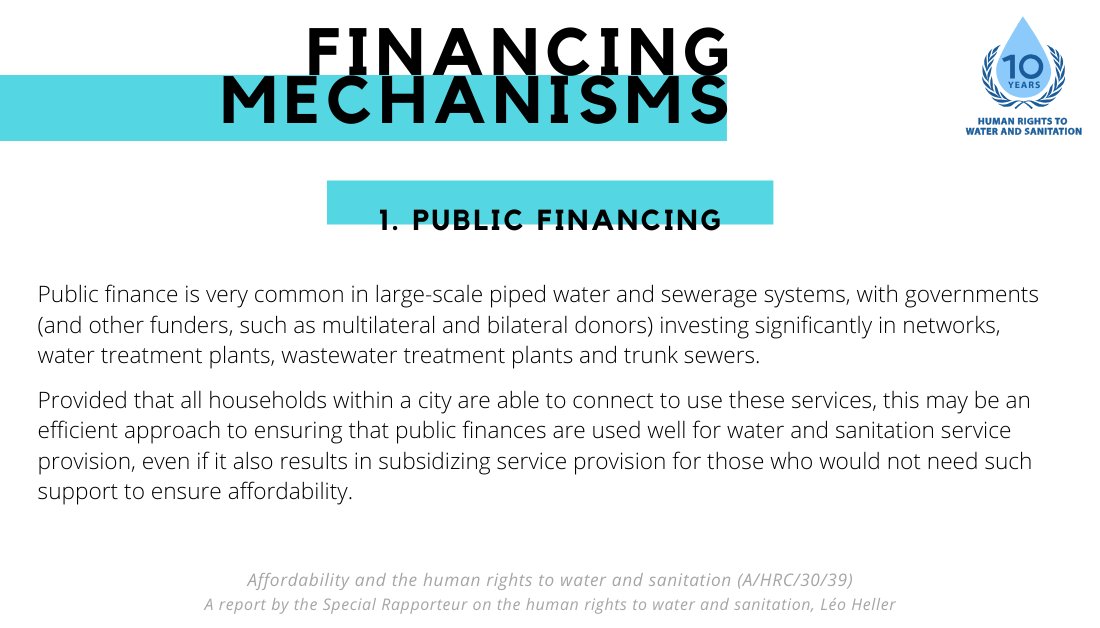

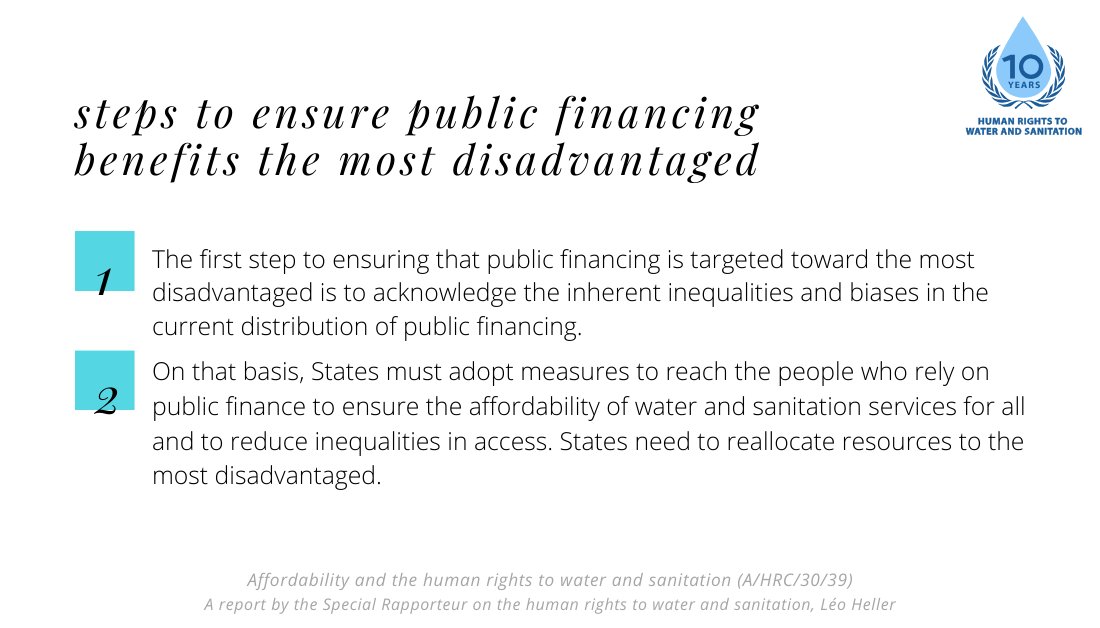


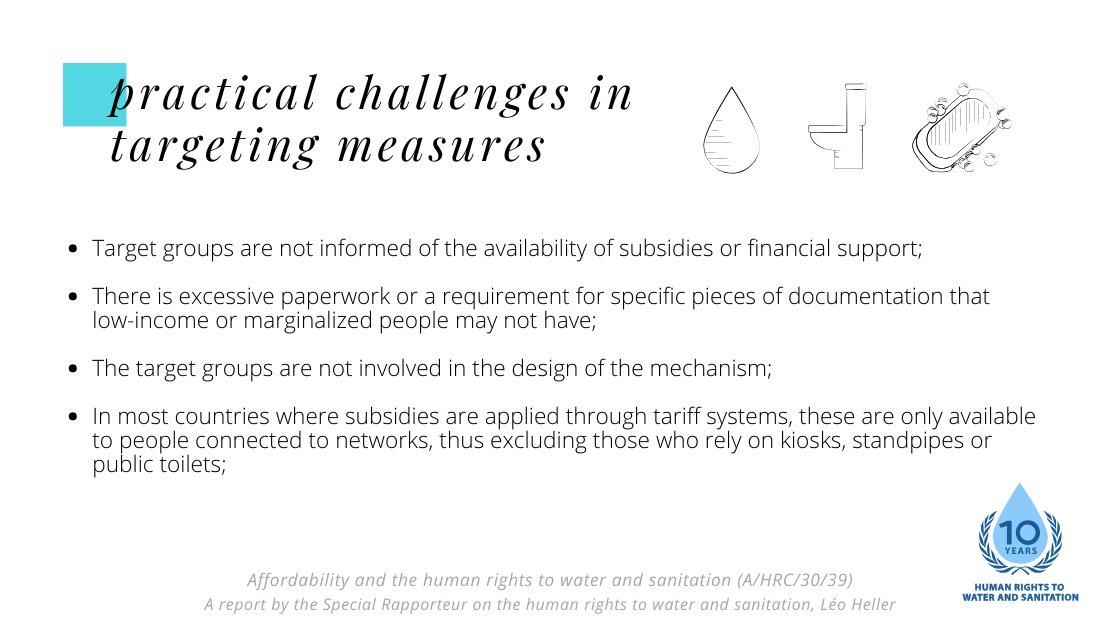
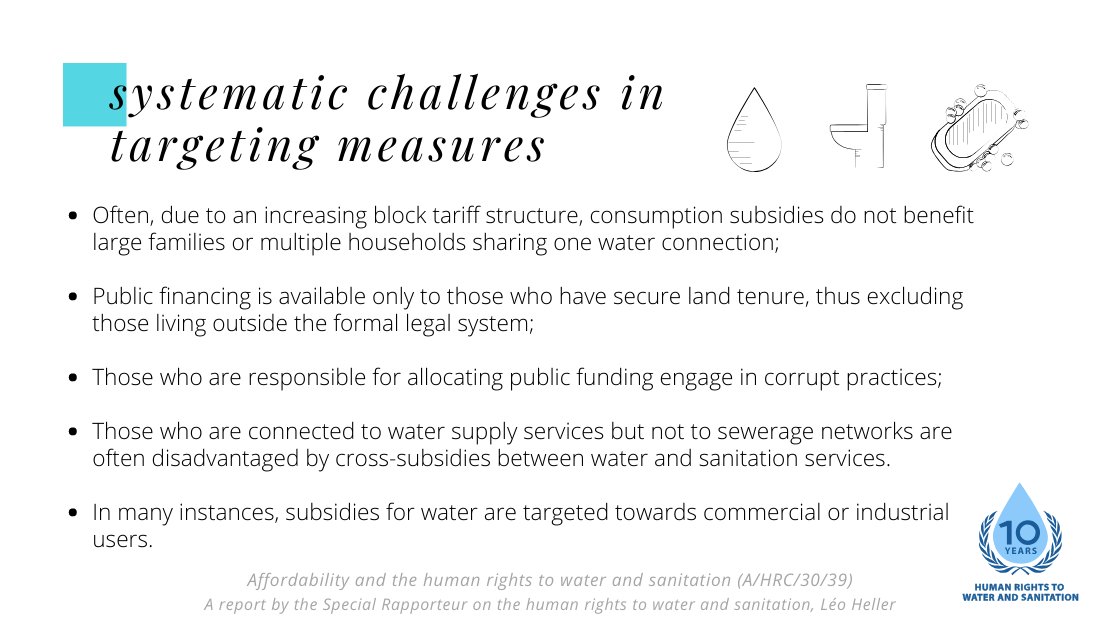
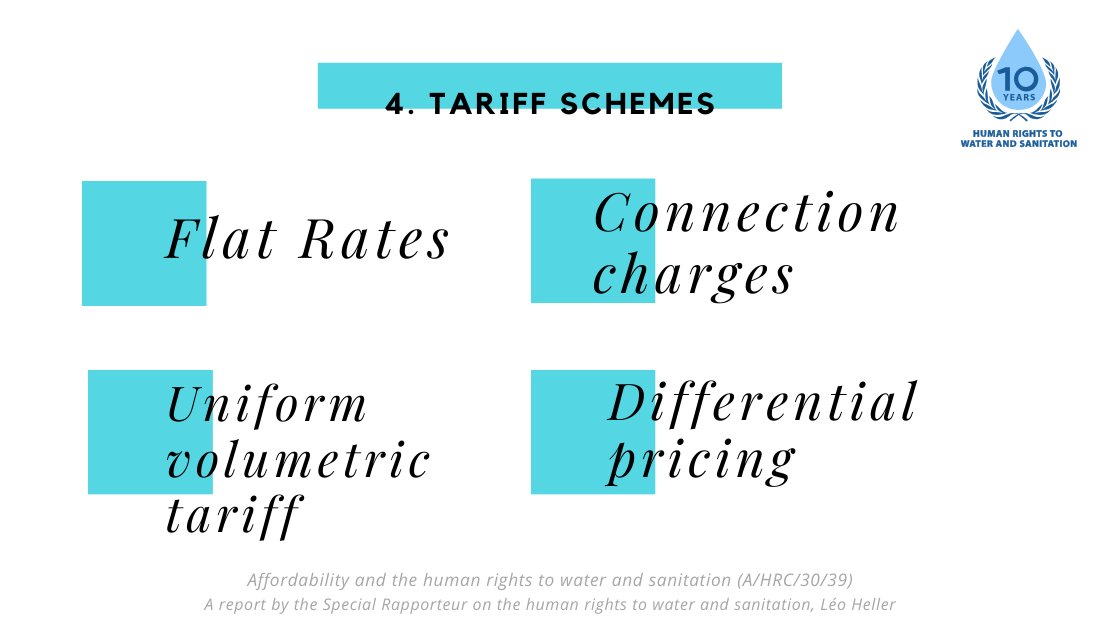
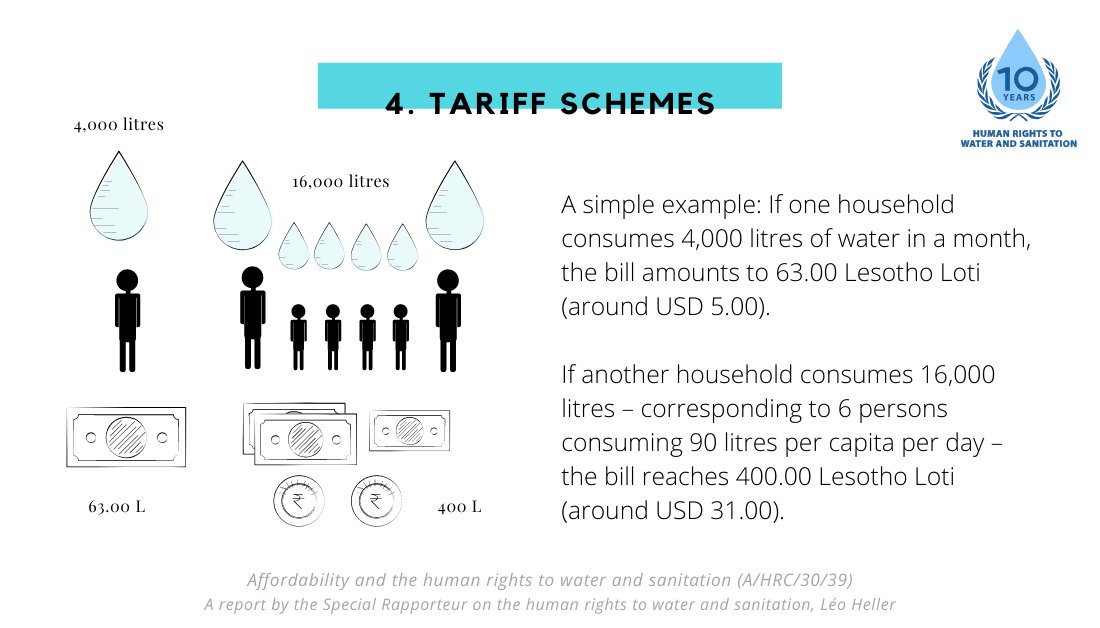
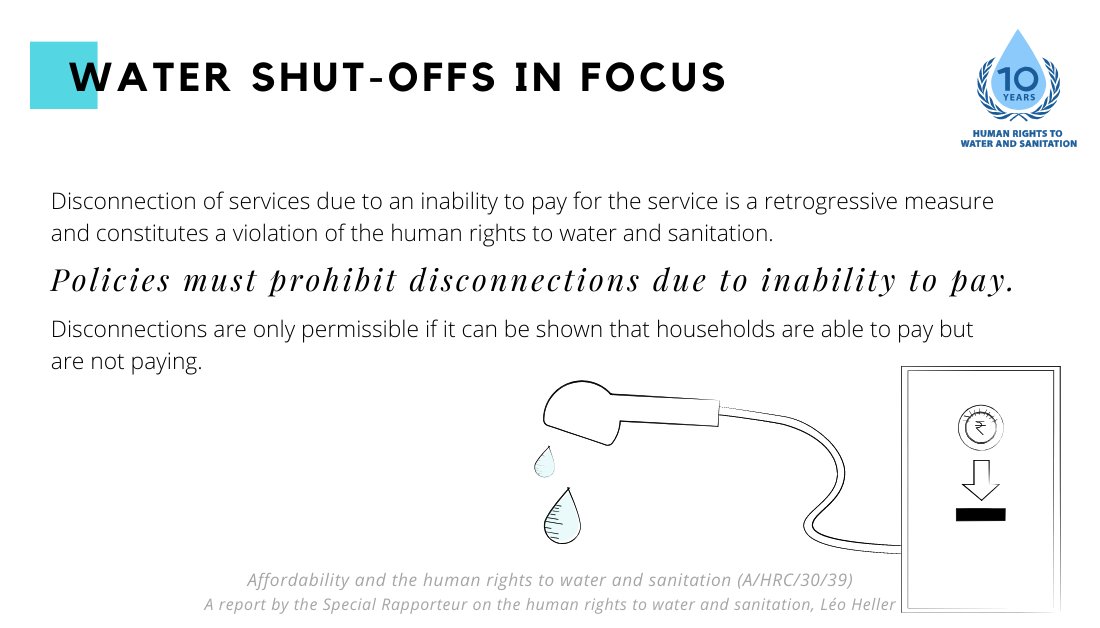 https://twitter.com/EndWaterP..." title="Water shut-offs due to an inability to pay = a violation of the human rights to water and sanitationMy report on affordability: https://tiny.cc/r386mz&qu... href=" https://twitter.com/EndWaterPoverty/status/1251435339413151744">https://twitter.com/EndWaterP..." class="img-responsive" style="max-width:100%;"/>
https://twitter.com/EndWaterP..." title="Water shut-offs due to an inability to pay = a violation of the human rights to water and sanitationMy report on affordability: https://tiny.cc/r386mz&qu... href=" https://twitter.com/EndWaterPoverty/status/1251435339413151744">https://twitter.com/EndWaterP..." class="img-responsive" style="max-width:100%;"/>
